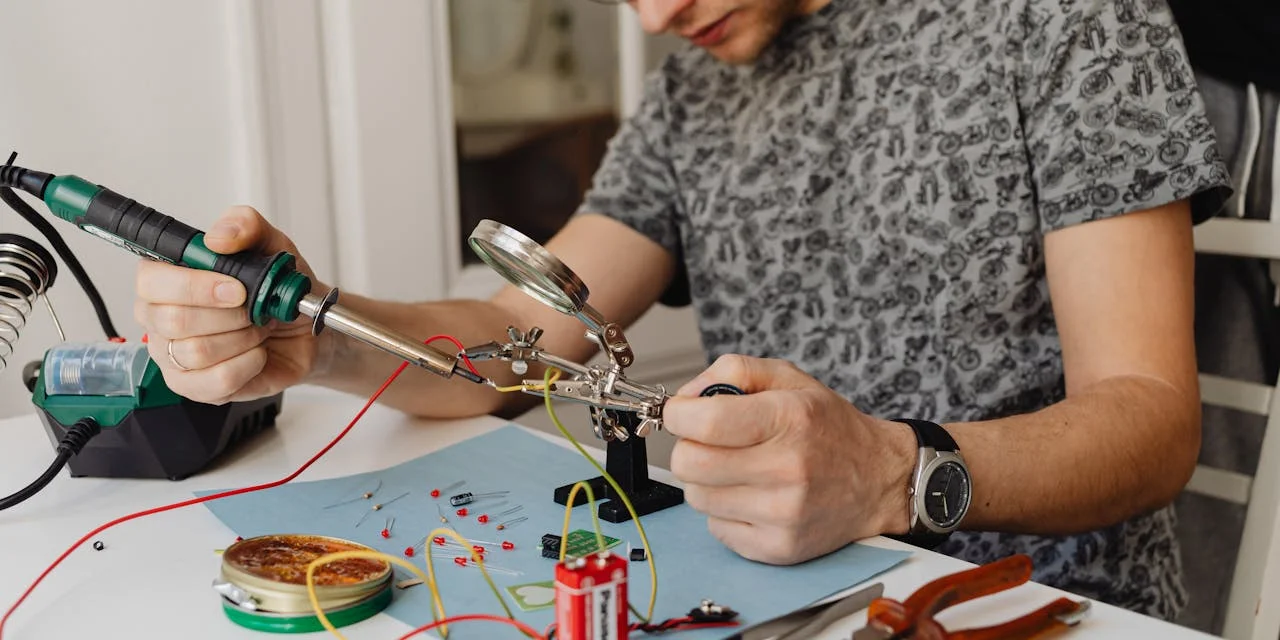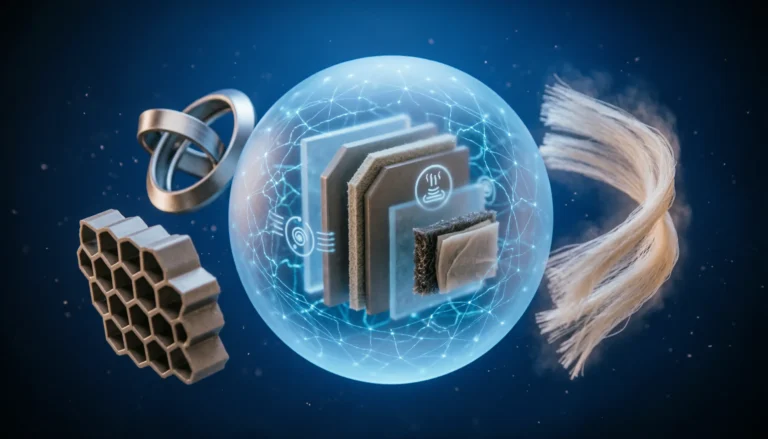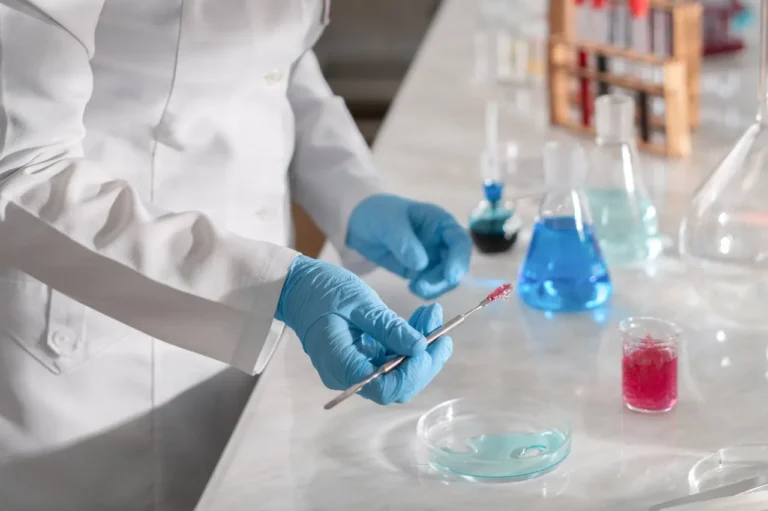
The United States stands at a pivotal moment to pioneer the development of next-generation lithium-based batteries, crucial for powering electric vehicles and fortifying the grid. Yet, this endeavor is hampered by formidable hurdles within the supply chain, obstructing the establishment of a robust domestic battery industry. In a recent gathering, over 50 governmental and industrial figures congregated to devise innovative strategies aimed at bolstering secure and sustainable battery supply chains, alongside enhancing recycling infrastructure across the nation. Facilitated by Li-Bridge, a collaborative venture dedicated to advancing domestic battery supply chains, the forum was orchestrated under the auspices of the U.S. Department of Energy’s (DOE) Argonne National Laboratory, in collaboration with three prominent industry associations—NAATBatt International, New York Battery and Energy Storage Technology Consortium, and New Energy Nexus.
Collectively, the assembly charted out a blueprint comprising pivotal policies and initiatives intended to ensure a steady influx of battery materials for American manufacturers. These recommendations have been elaborated upon in a recent report published by Li-Bridge.
Michael Berube, Deputy Assistant Secretary for Sustainable Transportation and Fuels at the DOE, emphasized the strategic significance of recycling lithium-ion battery minerals, foreseeing them as a critical resource in the times ahead. He underscored the necessity for coordinated efforts to fortify the domestic battery recycling sector, encompassing the collection, transportation, processing, and recycling of these batteries to cater to the nation’s requirements.
A primary concern highlighted in the report pertains to the subpar economics surrounding lithium battery recycling, primarily due to the disproportionate costs incurred in collection, transportation, and processing vis-à-vis the intrinsic value of the materials. To rectify this imbalance, one of the report’s key proposals advocates for increased research and development investments directed towards devising cost-effective methodologies for reclaiming low-value materials and components.
Furthermore, the report explores various avenues to optimize the efficiency and reduce the expenses associated with battery collection, storage, transportation, and disassembly. Notably, the inadequate collection of spent batteries from consumer electronics such as cell phones and laptops warrants attention, with the report advocating for enhanced economic incentives to encourage consumers to utilize collection facilities.
Moreover, the prevalent practice of shipping batteries and used electric vehicles overseas underscores the need for stringent measures to curtail this phenomenon. Export controls emerge as a potential tool to mitigate this offshore “leakage,” as suggested in the report.
Buoyed by the success of the forum, Li-Bridge intends to convene additional gatherings, with potential discussions focusing on enhancing visibility and traceability of battery material flows throughout supply chains and during end-of-life stages.
Funded by the DOE’s Office of Energy Efficiency and Renewable Energy, Vehicle Technologies Office, Li-Bridge continues to spearhead initiatives aimed at catalyzing advancements within the domestic battery industry.




